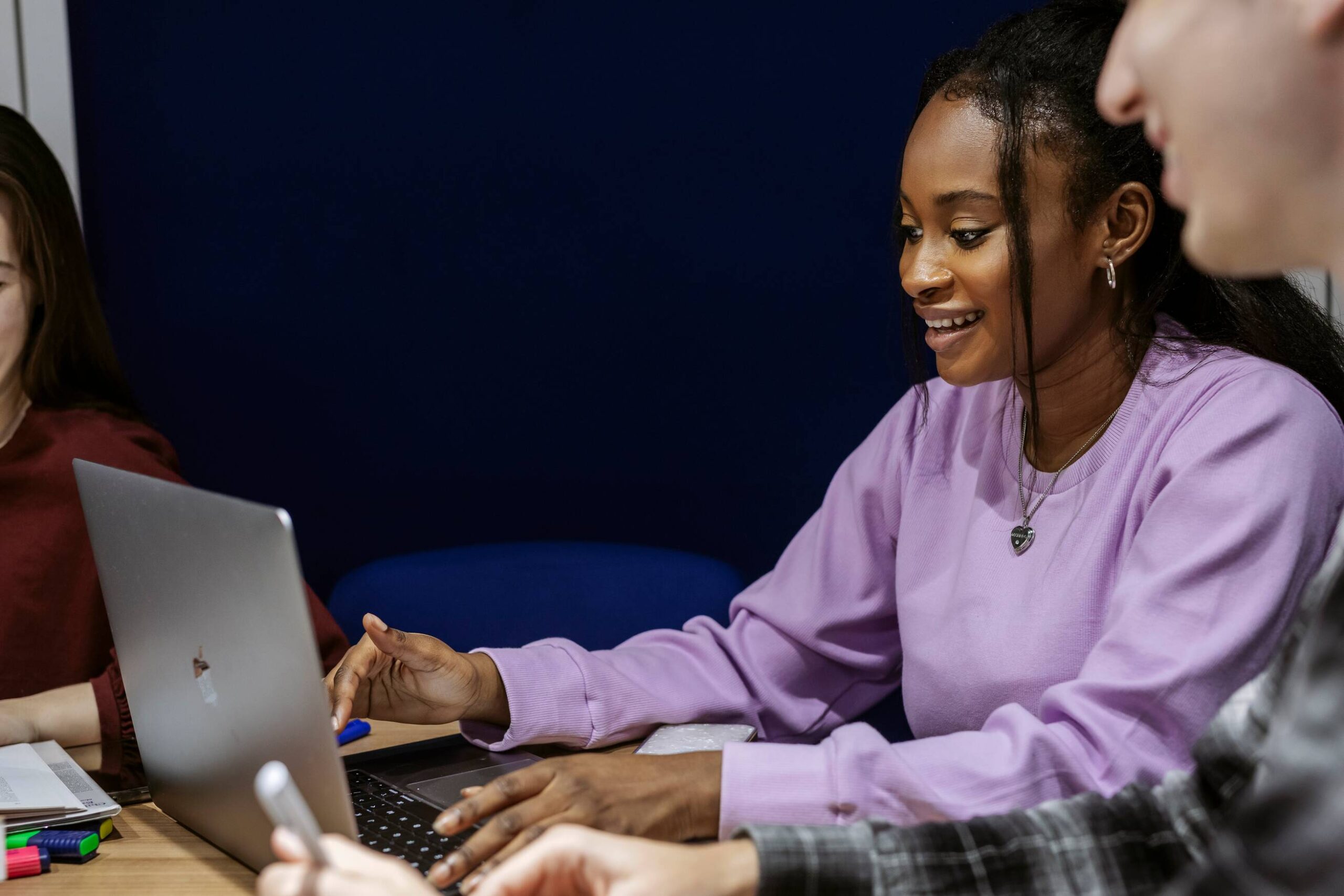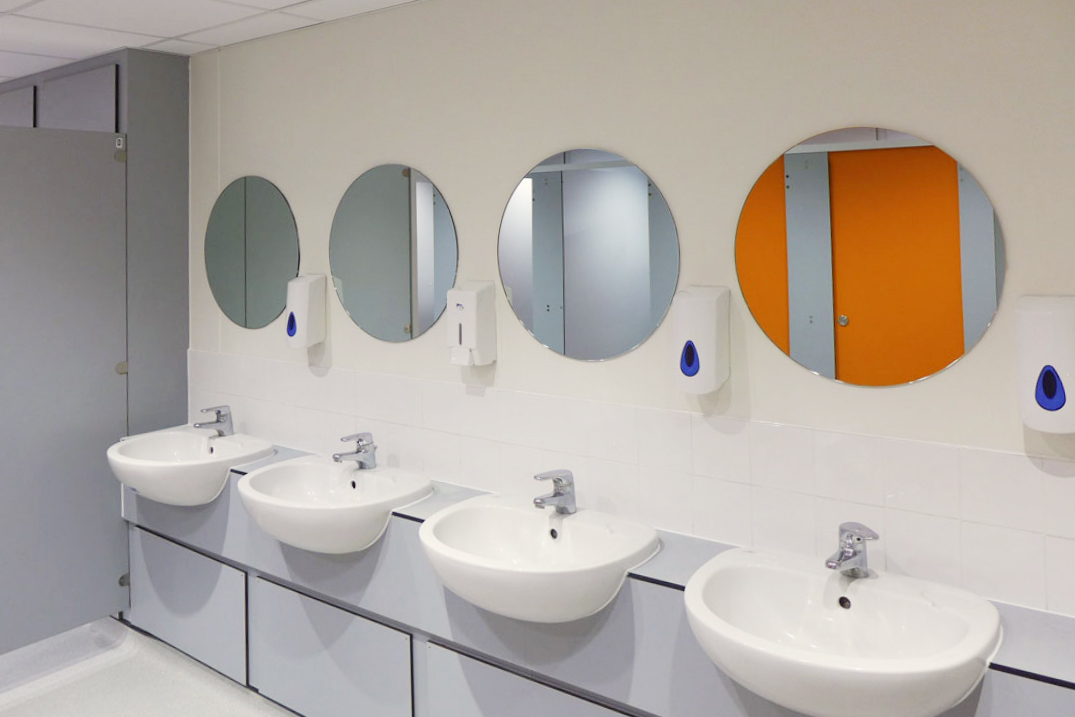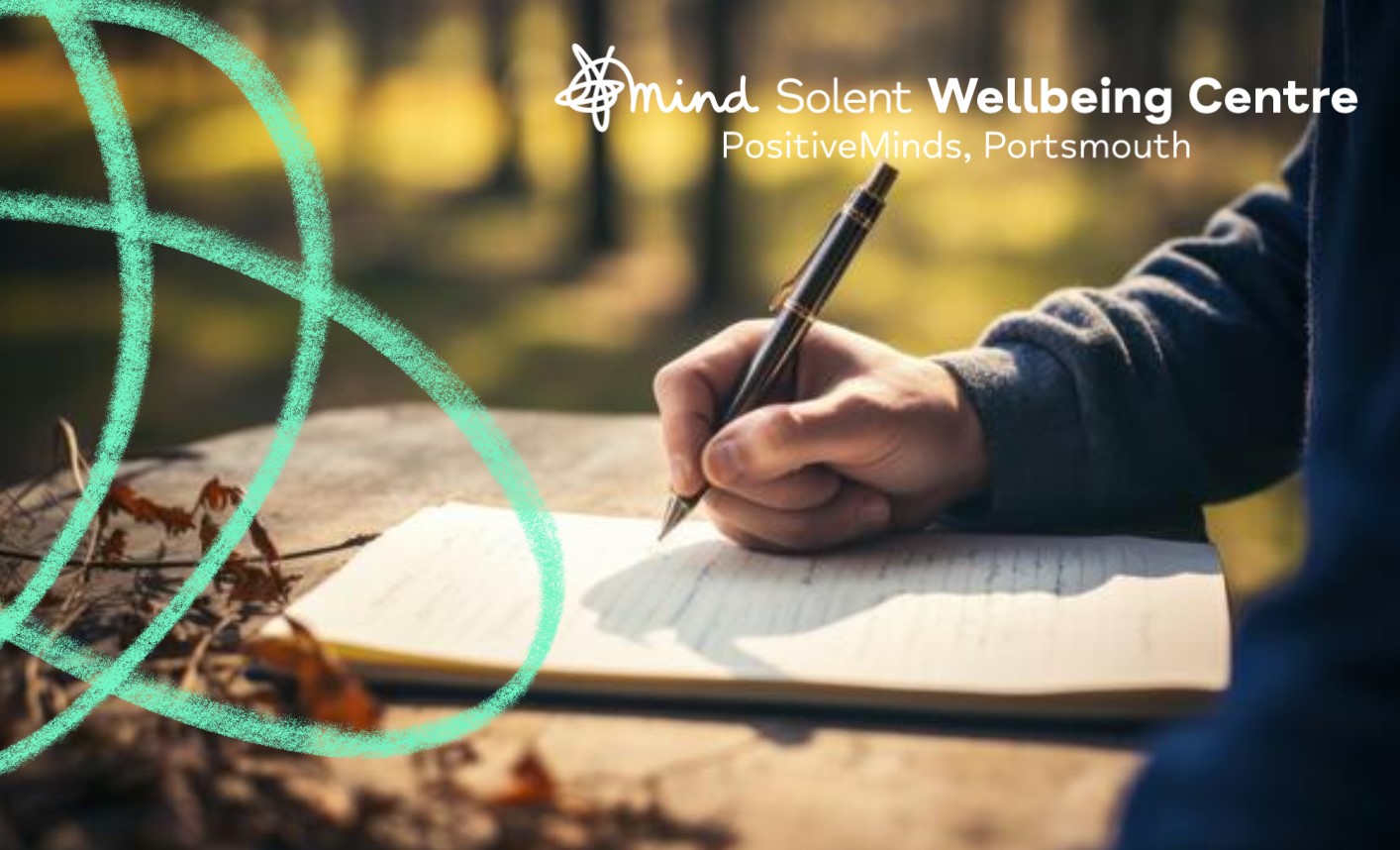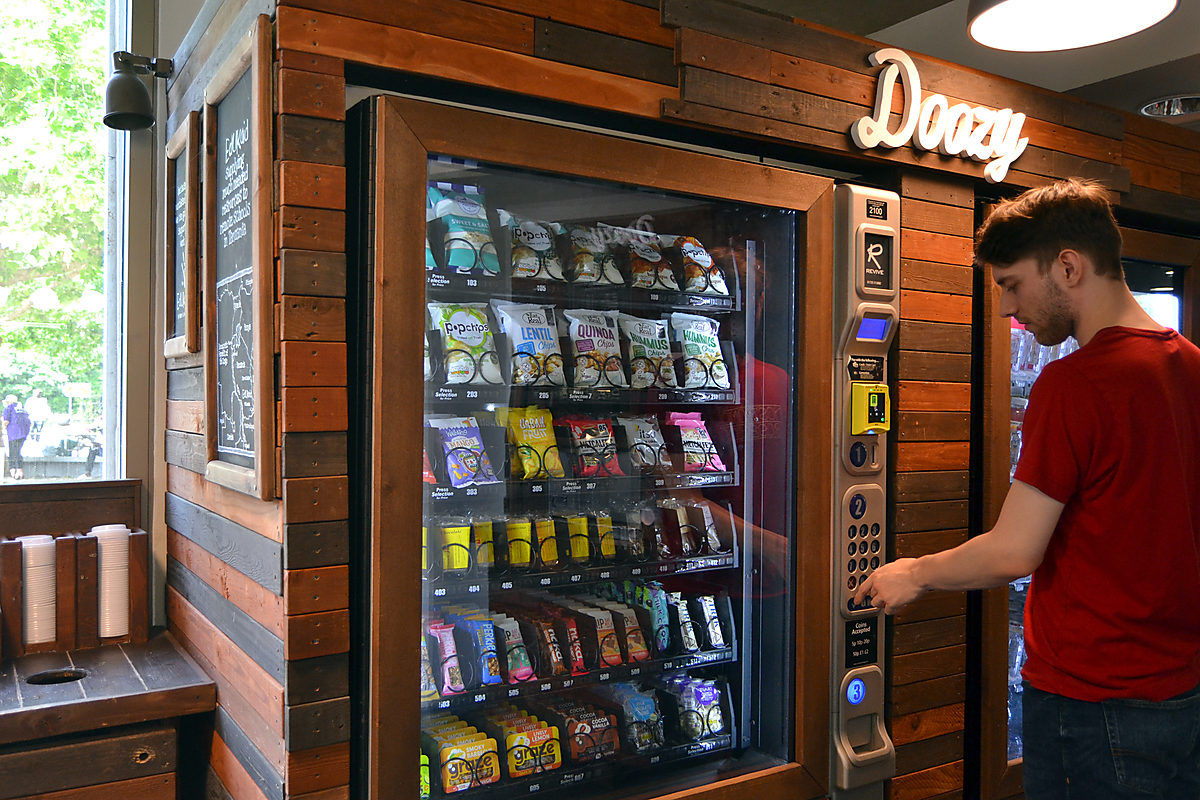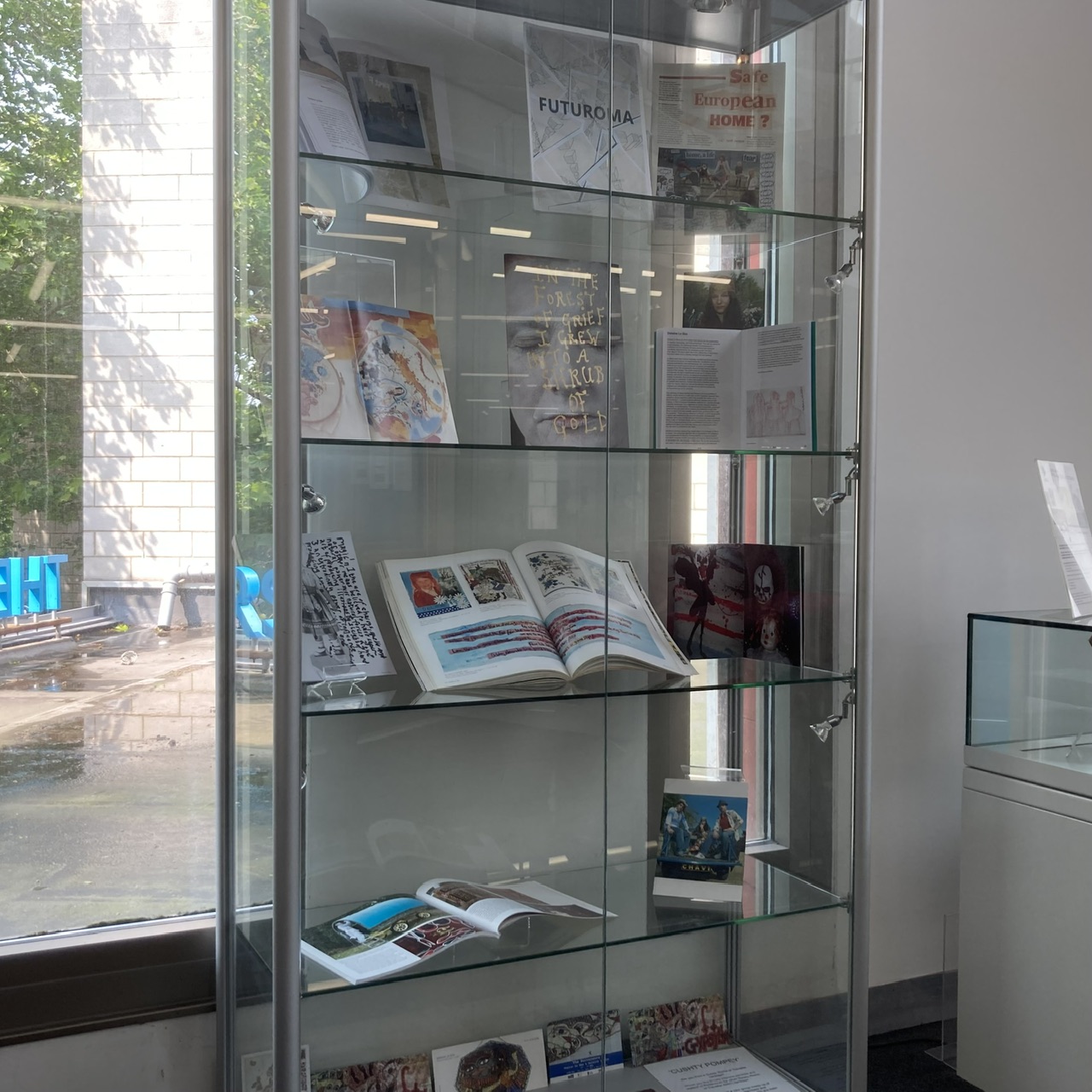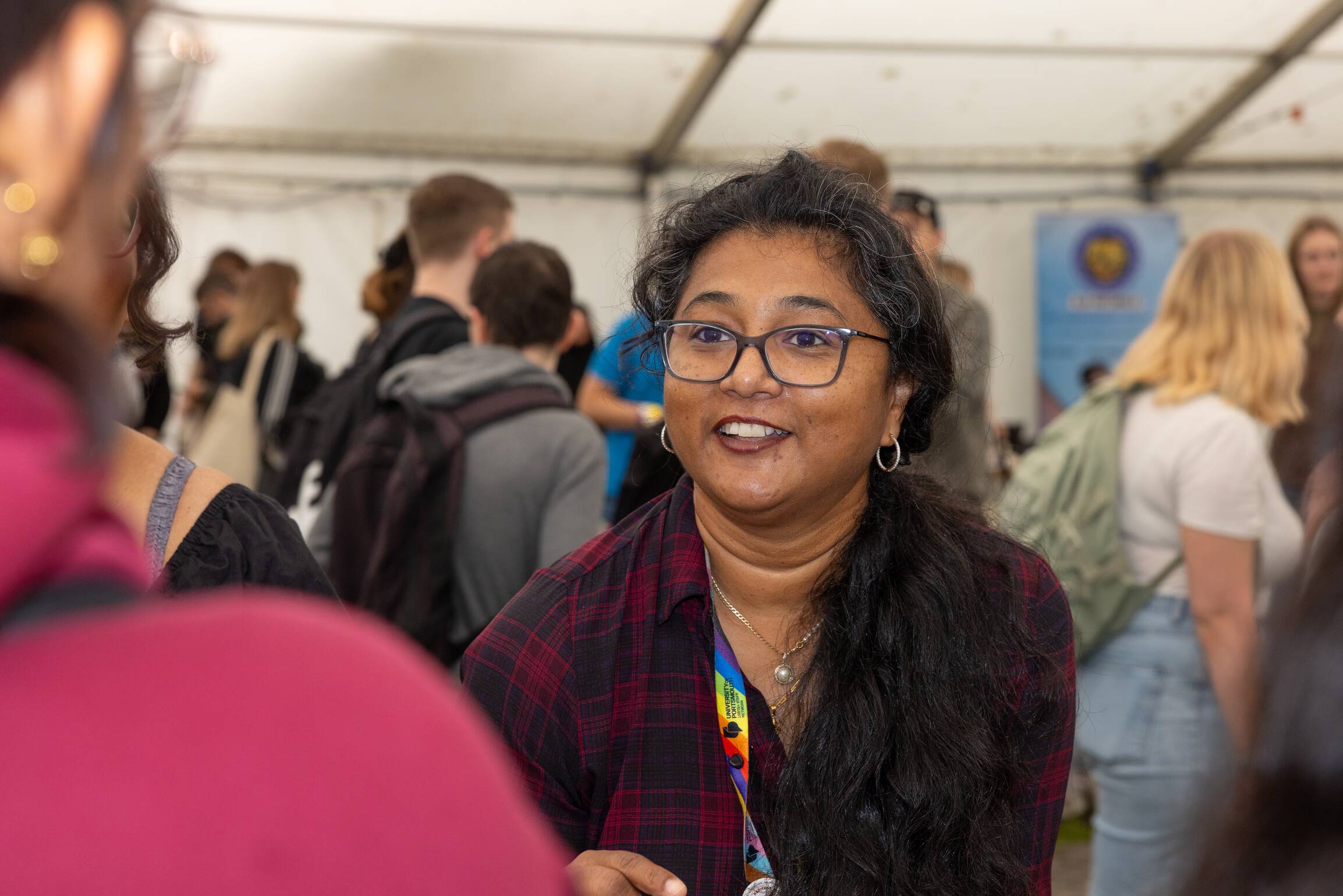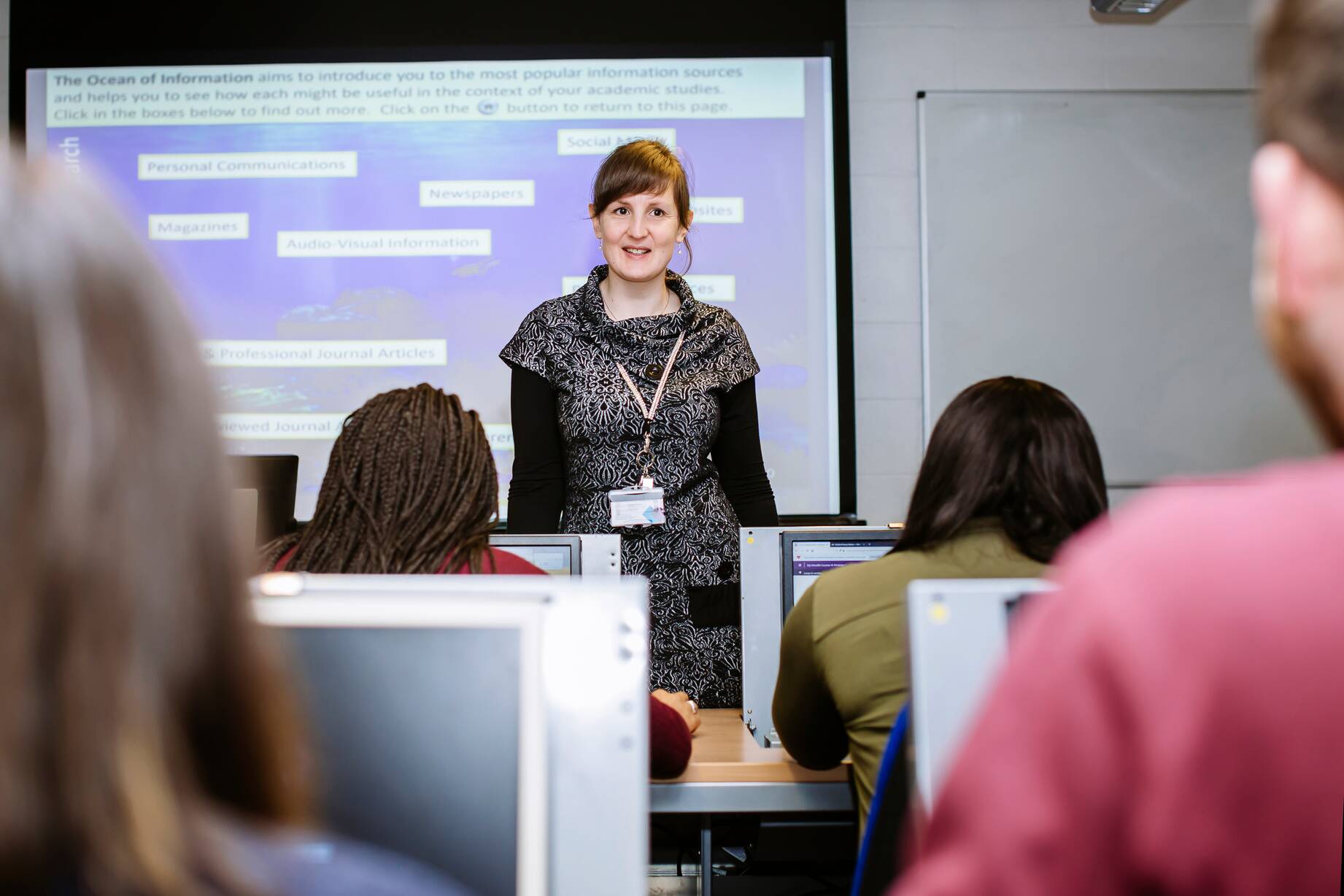Art, protest, liberation – in praise of zines
If you haven’t discovered the wonderful world of zines, you’re really missing out. Zines are small-scale productions exploring subjects of interest in new and original ways. Fanzines explore all manner of topics of interest, offering often subversive insights and alternative …


